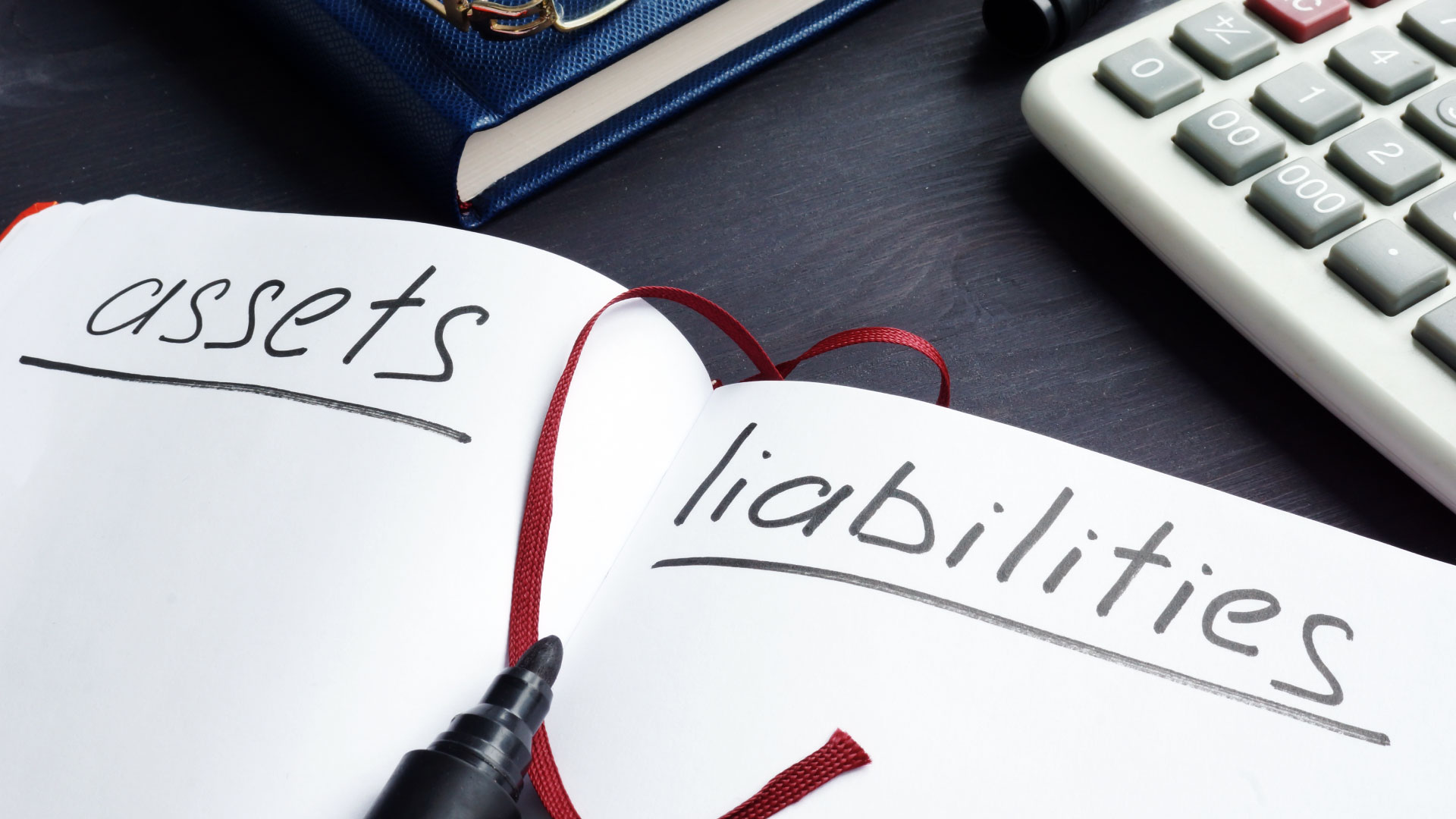Introduction: Credit card fraud, an increasingly common issue with the rise of digital transactions, involves the unauthorized use of a credit card to make purchases or withdraw cash. At Credit Vision, while we focus on debt relief, we also emphasize the importance of safeguarding your financial information against such threats.
Understanding Credit Card Fraud Credit card fraud is a form of identity theft that occurs when someone illegally obtains your credit card details to carry out unauthorized transactions. This can range from cloned cards and stolen information to hijacked accounts. According to the Federal Trade Commission (FTC), consumers lost over $130 million to credit card fraud in 2021 alone. Such statistics highlight the growing need for vigilance in managing your financial accounts.
Common Types of Credit Card Fraud
- Lost or Stolen Cards: Thieves use lost or physically stolen cards to make unauthorized purchases.
- Account Takeovers: Fraudsters access and control a victim’s credit card account, often changing passwords and making unauthorized transactions.
- Cloned Cards: Skimmers installed on ATMs or card readers capture and duplicate card information.
- Card-not-present Fraud: This occurs when stolen card details are used to make online or over-the-phone transactions without needing the physical card.
Immediate Actions if You Suspect Credit Card Fraud If you notice unfamiliar charges or can’t access your account, quick action is essential to protect your finances and credit standing:
- Notify Your Card Issuer: Contact your bank’s fraud department to report unauthorized charges and request a new card.
- Secure Your Accounts: Change passwords and PINs for all related financial accounts.
- Check Other Accounts: Review all financial statements for additional suspicious activity.
- File a Report with the FTC: Visit IdentityTheft.gov to report the fraud and receive a recovery plan.
- Place a Fraud Alert and Freeze Your Credit: Contact the major credit bureaus (Equifax, Experian, and TransUnion) to set up fraud alerts and credit freezes to prevent new accounts from being opened in your name.
Signs of Credit Card Fraud
- Unfamiliar Transactions: Review statements for charges you don’t recognize, especially small ones, as thieves often test with minor amounts.
- Issues Accessing Your Account: Difficulty logging in or unexpected declines could indicate that your account settings have been changed.
- Altered Credit Report: Unrecognized accounts or inquiries can be a sign of broader identity theft.
- Calls from Debt Collectors: Receiving calls about debts not owed by you should raise immediate red flags.
Preventive Measures
- Use EMV Chip Cards: These cards provide enhanced security for in-person transactions.
- Monitor Your Statements: Regularly check your financial statements and set up alerts for transactions above a certain threshold.
- Use Strong, Unique Passwords: Ensure all financial accounts have robust and unique passwords, updated regularly.
- Be Wary of Scams: Educate yourself on common phishing tactics and avoid sharing personal information over insecure channels.
Conclusion Credit card fraud can significantly impact your financial health, but by taking proactive steps to secure your accounts and remaining vigilant, you can mitigate the risks. At Credit Vision, we are dedicated to helping you manage not only your debts but also providing guidance on protecting your financial future.
Are you looking for comprehensive debt relief services or need assistance in managing financial security threats? Contact Credit Vision today for expert guidance and personalized solutions to secure and enhance your financial well-being.




